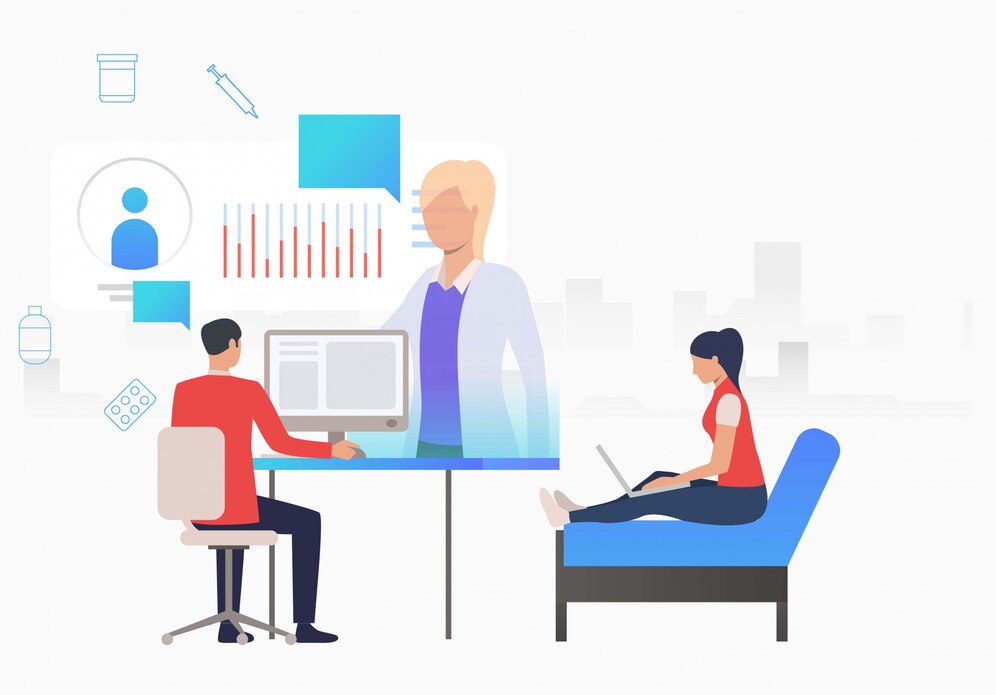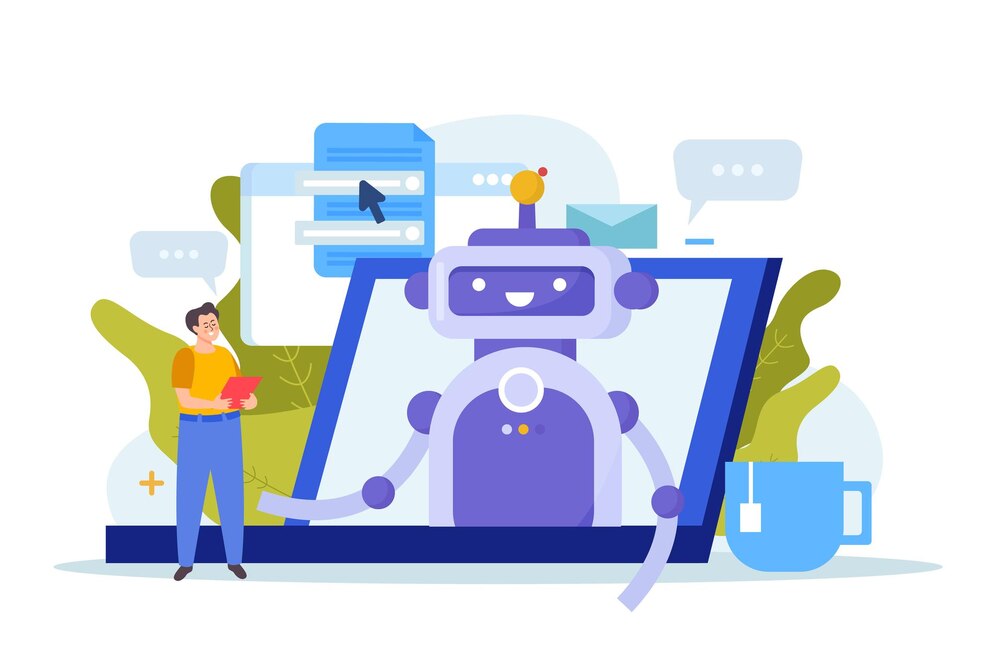Hiring the right talent is both an art and a science. For CHROs, recruitment managers, and hiring teams, one of the biggest challenges today is evaluating candidates effectively while ensuring a fair, unbiased, and structured process. Traditional hiring methods, relying on multiple rounds of interviews and subjective judgment, often lead to inefficiencies, delays, and inconsistent outcomes. This is where smart interview platforms like JobTwine come into play, enabling organizations to implement a smart hiring process that is consistent, data-driven, and scalable.
Why Traditional Evaluation Methods Fall Short
Many organizations still follow a traditional approach to candidate evaluation: resume screening, phone interviews, multiple technical and cultural rounds, and sometimes even repetitive assessments. While this method has worked in the past, it comes with several drawbacks:
Inconsistency – Different interviewers may evaluate the same candidate differently.
Time-consuming – Multiple rounds increase the time-to-hire, delaying critical projects.
Bias – Subjective judgment can unconsciously favor certain profiles over others.
Poor candidate experience – Lengthy and repetitive processes frustrate candidates, potentially losing top talent.
The solution? A structured, standardized approach enabled by interview platforms that combine technology, automation, and analytics to streamline the evaluation process.
The Power of Interview Playbooks
One of the most impactful tools in modern candidate evaluation is the interview playbook. A playbook acts as a blueprint for the entire hiring process: it defines what to assess, how to assess it, and ensures every candidate goes through the same structured evaluation.
With JobTwine’s Playbook Builder, hiring teams can create customizable interview playbooks for different roles, skill levels, and departments. This ensures:
Consistency: Every interviewer evaluates candidates using the same framework.
Efficiency: Reduces redundant rounds and speeds up the hiring cycle.
Fairness: Standardized questions and scoring minimize bias in decision-making.
Actionable insights: Centralized data helps identify patterns, strengths, and areas for improvement.
For CHROs, this means a clear view of the organization’s talent pipeline and the ability to make strategic hiring decisions without relying solely on intuition.
How Interview Platforms Improve Candidate Evaluation
Modern interview platforms go beyond simple scheduling or video interviews. They provide a comprehensive ecosystem for evaluation, feedback, and collaboration. Here’s how they transform the candidate assessment process:
1. Structured Assessments
Interview platforms allow recruiters to create role-specific assessments that test technical skills, problem-solving abilities, and cultural fit. By following a well-defined playbook, every candidate is measured against the same criteria, ensuring fairness and transparency.
2. Centralized Data and Analytics
Platforms like JobTwine capture all interview data in a centralized dashboard. Hiring managers can compare candidates objectively, track interview performance, and even identify skill gaps across teams. This aligns with the concepts in our skill gap analysis blog, helping organizations plan for future workforce needs.
3. Collaboration Across Teams
Interview platforms enable real-time collaboration among interviewers. Feedback can be collected, shared, and consolidated efficiently. This reduces miscommunication, ensures every perspective is considered, and prevents delays in decision-making.
4. Enhanced Candidate Experience
Candidates today value transparency and efficiency. Platforms that provide clear timelines, structured interviews, and timely feedback create a positive experience, improving employer branding and increasing the likelihood of accepting offers.
Implementing Smart Hiring with JobTwine
A smart hiring strategy is not just about using technology, it’s about using the right technology in the right way. Here’s how organizations can leverage JobTwine to implement smart hiring practices:
Define Competencies: Start by defining the key skills and traits needed for each role. Use the Playbook Builder to map these competencies to structured questions and assessments.
Create a Standardized Process: Reduce multiple rounds and unnecessary evaluations. Each candidate should go through a clear, structured, and measurable process.
Collect and Analyze Data: Use the platform’s analytics to track performance metrics, identify top performers, and spot gaps in the recruitment process.
Continuous Improvement: Update interview playbooks based on data and feedback. For example, if candidates consistently struggle with a particular skill, the playbook can be revised to assess it more effectively.
Integrate with Organizational Strategy: Align hiring decisions with overall workforce planning. Use insights from interviews to address skill gaps, improve team performance, and support long-term growth.
By following this approach, CHROs and hiring managers can reduce hiring errors, improve quality-of-hire, and ensure the recruitment process is both efficient and equitable.
Real-World Benefits of Using Interview Platforms
Organizations that adopt interview platforms and playbook-based evaluation see tangible benefits:
Reduced Time-to-Hire: Fewer interview rounds and structured evaluations speed up hiring.
Higher Quality Hires: Objective data and standardized playbooks help identify candidates who truly fit the role.
Cost Savings: Streamlined processes reduce administrative overhead and recruiter hours.
Data-Driven Decisions: Analytics provide insights into candidate performance and team skill gaps.
Improved Candidate Experience: A structured, transparent process enhances employer branding.
Investing in a platform like JobTwine is more than adopting a tool, it’s about rethinking the way talent is evaluated and ensuring every hire contributes to long-term organizational success.
Getting Started with JobTwine
For organizations ready to embrace smart hiring, JobTwine offers an intuitive, end-to-end solution. Start by exploring the Playbook Builder to create structured interview playbooks for every role. Then, leverage the platform to schedule interviews, gather feedback, and track candidate performance—all in one place.
Additionally, for CHROs looking to strengthen workforce planning, insights from JobTwine can complement strategies like skill gap analysis, helping organizations prepare for future talent needs.
Evaluating candidates effectively is no longer optional, it’s essential for organizational success. Traditional methods, with multiple rounds and subjective evaluations, are time-consuming and prone to bias. AI interview platforms offer a smarter approach: structured interview playbooks, standardized assessments, and actionable insights that empower CHROs and hiring teams to make data-driven decisions.
By adopting JobTwine, organizations can achieve smart hiring, reduce inefficiencies, improve candidate experience, and ultimately build stronger, more capable teams. Structured evaluation is not just a process, it’s a strategy for success in today’s competitive talent landscape.
Start transforming your hiring process today with Interview Playbook Builder and take the first step toward smarter, fairer, and more effective candidate evaluations.



